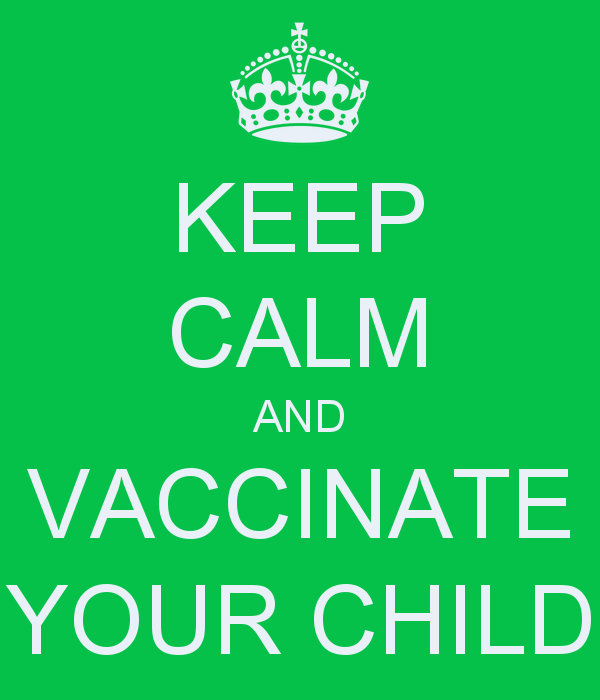Why are vaccines important? Is there a connection between vaccines and autism? If your child is vaccinated, why is it important that mine is? These are the questions asked by many parents and the public. The answers are at times complicated and other times easily answered.
These are the questions asked by many parents and the public. The answers are at times complicated and other times easily answered.
Let us answer the first question. Why are vaccines important. There is something we in medicine like to call the Herd Mentality. The human is a complex being, when we speak of herd mentality we are not referring to a herd of cows or other animals. We are speaking about the resistance to the spread of a contagious disease’s within a population that results in a proportion of individuals immune to the disease (Lang 2014). Here below is a small short video that explains what this theory is.
As for the above video hopefully, this answers the question why you should vaccinate your child, even though my child is vaccinated, this helps to protect the herd, so to speak. Most people have not seen the devastating and life-threatening complications to vaccine-preventable diseases. Most people witness the possible adverse side effects vaccines can cause. As with all medications, there is a risk of side effects and/or allergic reaction, vaccines are not an exception.
Do vaccines cause autism?
A history on how this theory evolved: The publication in 1998 of research carried out by several medical practitioners working at the Royal Free Hospital in London led many people to question the safety of the MMR vaccine and of vaccinations in general. In 1998, the Lancet published an article from research led by Dr Andrew Wakefield, then a respected bowel surgeon at the Royal Free Hospital in London. The study, written by a total of 13 medical practitioners working at the Royal Free Hospital, explored a possible link between autistic regression and irritable bowel disorder in young children and suggested that the MMR vaccine could trigger a bowel inflammation. In 2004, the editor of The Lancet and a total of 10 of the 13 authors issued a retraction of the original report’s findings, distancing themselves from the interpretation of the research data and expressing regret at the subsequent controversy caused by the publication. While the article did not actually conclude that there was a definitive link between MMR and autism, the hypothesis behind the research was widely reported and Dr. Wakefield continued to maintain his belief that the vaccine was responsible for acquired autism resulting from bowel inflammation in young children during his General Medical Council disciplinary hearing in 2008 (Cotton 2009).

By: Juhan Sonin
If you are still not sure about vaccines and their safety here are some links to help:
References
Cotton, R. (2009). MMR vaccination: Consent, controversies and challenges. British Journal of School Nursing.4(6),298-301.
Hill, M. C., & Cox, C. L. (2013). Influencing factors in MMR immunization decision making. British Journal Of Nursing, 22(15)893-898.
Lang, S. (2014). Measles: A tale of birth cohorts and herd immunity. Practice Nursing, 25(12), 611-614.

